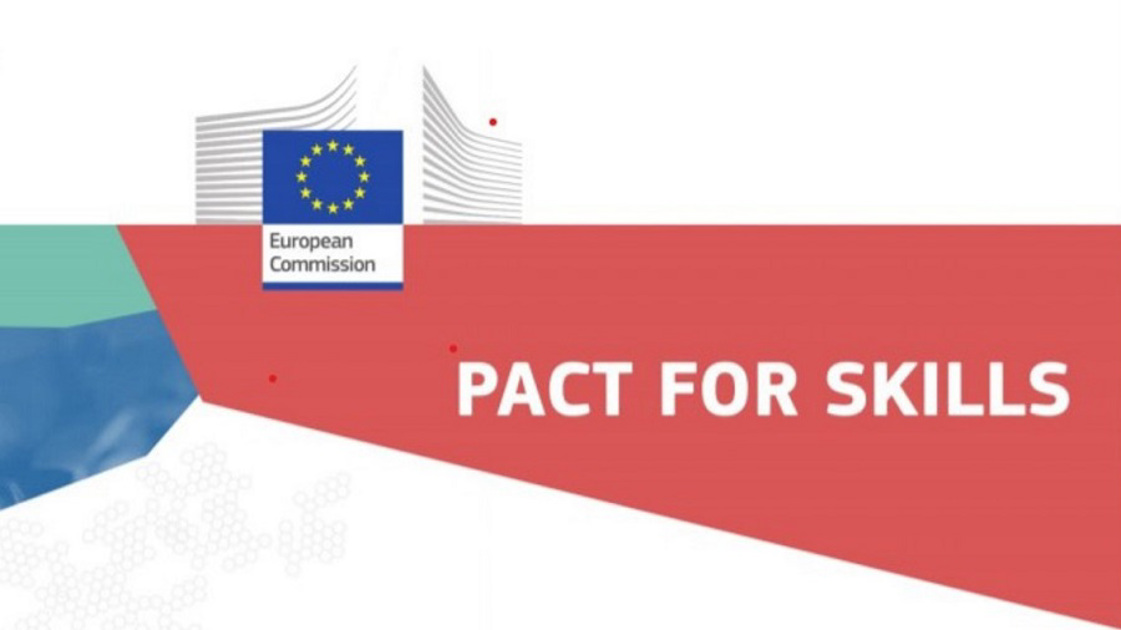Deployment of renewable energy in regions that depend on carbon-intensive activities can maintain and provide new, good jobs; promote new industrial development; and support a Just Transition.
The renewable energy ecosystem is one of 14 industrial ecosystems that the European Commission has identified in its Industrial Strategy with strategic importance for the EU economy. By creating a Pact for Skills in the ecosystems, the Commission intends to anticipate skills needs for emerging technologies in strategic sectors.
Judith Kirton-Darling, who represented industriAll Europe in the event co-chaired by Commissioner for Employment, Nicolas Schmit and Commissioner for Industry, Thierry Breton, stressed the need for a strong social dimension in an integrated industrial and energy policy framework to ensure a genuine Just Transition for workers:
“If done right, an integrated industrial and energy policy framework has not only the potential to deliver millions of quality jobs in the renewable eco-system itself, but will also be essential for feeding basic industries with abundant renewable energy at competitive prices. This keeps millions of good and qualified jobs in Europe’s more traditional industrial manufacturing sectors. Deployment of renewable energy in regions that depend on carbon-intensive activities can maintain and provide new, good jobs; promote new industrial development; and support a Just Transition.”
Social dialogue and union recognition, strong labour standards and collective bargaining, and a strong health and safety regime must be the cornerstones of the twin digital and green transition that we are embarking on. In parallel, strengthening cooperation on skills intelligence will ensure that we anticipate the skills needs in the evolving renewable technologies for future workers, but also for the existing workforce. Most importantly, this anticipation of change would ensure that we do not lose the qualified workforce working in today’s conventional energy sectors, in Europe’s coalfields, powerplants, shipyards, as well as the oil and gas industry and other manufacturing industries, which are transforming rapidly. We especially welcome the recently announced wind strategies that promote a strong local content, offering quality jobs across industrial manufacturing sectors in Europe.
IndustriAll Europe has been calling for better policy coherence in order to make the European Green Deal a fair deal for Europe’s workers. The Commission’s Pact for Skills must be part of the policy jigsaw providing a framework between regional employment markets and the supply of the right skills to these growing industries.
IndustriAll Europe recently joined the proposed Pact for Skills in the Offshore Renewable Energy Sector with a strong support from many of our members coming from the traditional offshore oil and gas sectors, as well as the shipbuilding sector. They are keen to engage in shaping the transition of the current workforce and anticipating the needs for the younger workers.
Ultimately, a Just Transition must be guaranteed for all energy sector and equipment manufacturing workers. This can be only done in social dialogue with the unions.
An individual right to training for every employee is vital to support the continuous development and training of employees.
Contact: Andrea Husen-Bradley (press and communication), Corinna Zierold (senior policy adviser)
